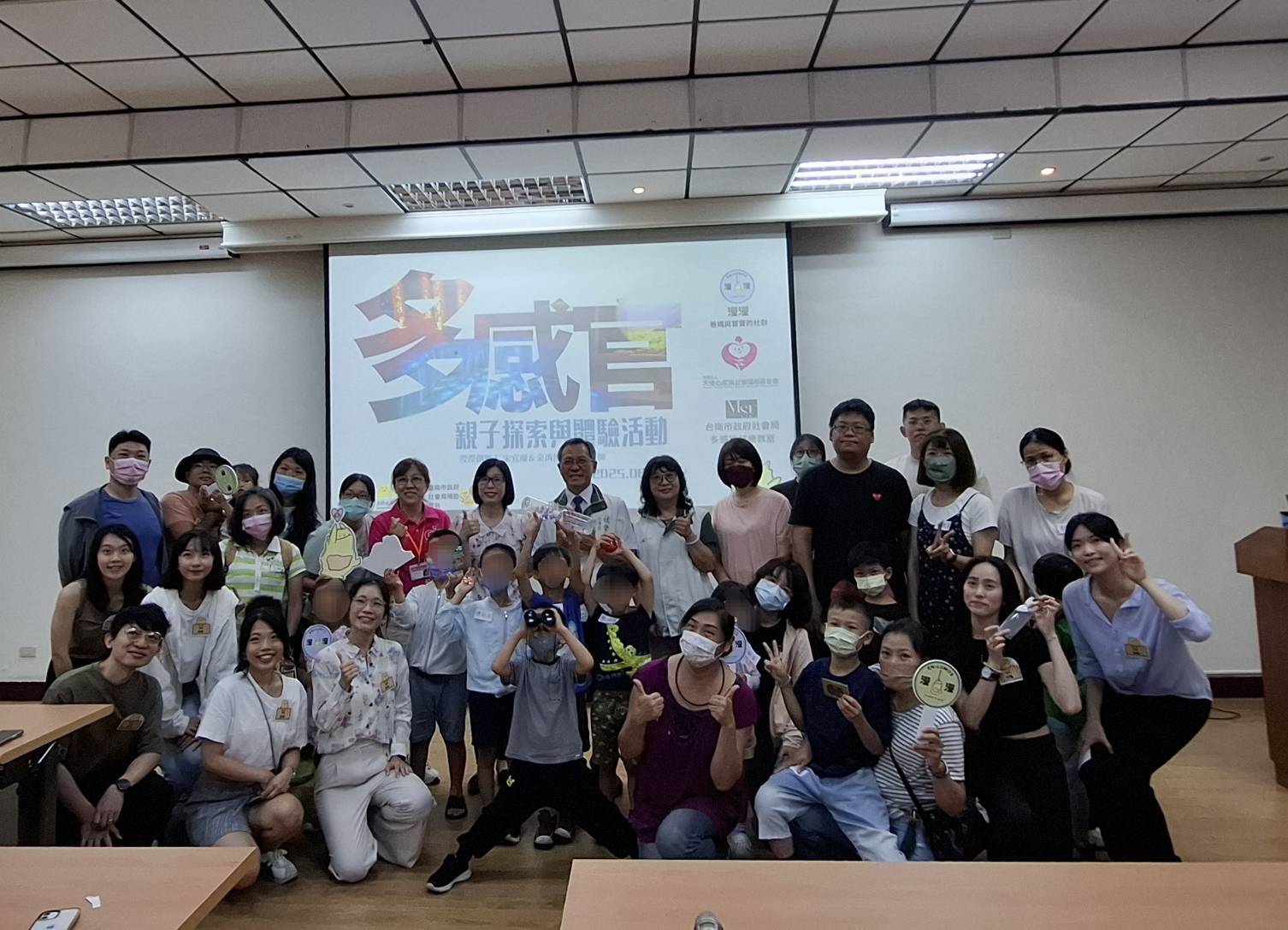SDG10
Promoting Cultural Equality and Educational Inclusivity: NCKU Introduces “Traditional Festival Leave” and “Multicultural Leave”
To demonstrate respect for multiculturalism and ethnic beliefs, the Student Affairs Office at National Cheng Kung University (NCKU) approved amendments to the Student Leave Regulations during the second semester of the 113th academic year. The revisions officially introduce “Traditional Festival Leave” and “Multicultural Leave,” providing institutional support for students to participate in ethnic rituals and cultural celebrations, actively promoting the core values of cultural equality and educational inclusivity.
“Traditional Festival Leave” is primarily provided for Indigenous students to apply for leave during important seasonal rituals and major festivals held in their communities, allowing them to continue cultural heritage without interruption from academic responsibilities. This leave is classified as official leave and permits up to 5 days per year. “Multicultural Leave,” on the other hand, is categorized as personal leave and is available to all students who need time off for personal religious beliefs or cultural celebrations, subject to approval by their course instructors. The introduction of these two leave types fully reflects a system designed for equality and inclusion, balancing students’ academic learning with their faith and cultural practices.
Liang-Yi Hung, Director of Student Affairs at NCKU, stated that university education not only imparts knowledge but also cultivates students' cultural awareness and respect for others. The discussion to introduce these new leave types has been underway for two years, during which extensive feedback was gathered from students on campus and implementation experiences from other pioneering universities were studied. After refining the system design and supporting regulations, the new leave categories were officially incorporated into the student leave policy. This revision is a concrete response to the diverse backgrounds of students on campus and demonstrates the university’s commitment to creating an inclusive and supportive learning environment.
Bali Soqluman (Kai-Lun Quanlin), convener of the NCKU Student Union’s Ethnic Equality Committee, former president of the Indigenous Cultural Exchange Club, and a third-year undeclared student, pointed out that cultural disadvantages differ from material ones and are often difficult to quantify. Such challenges should not be overlooked but actively acknowledged and respected. The establishment of dedicated leave reflects this recognition and respect for cultural values. As a member of the Bunun tribe, he said, “Participating in ceremonies is not just an academic discussion; it’s also about family cohesion, self-identity, and human rights practice. When a culture disappears, a way of seeing the world disappears too.” He praised NCKU’s emphasis on cultural issues, promoting coexistence with respect, openness, and inclusiveness.
The newly added leave categories not only respond to the diverse cultural backgrounds of students but also represent a practical advancement in higher education’s approach to cultural and academic systems. This initiative promotes a campus environment that is more culturally aware and publicly inclusive. Through institutionalized design, a fair and inclusive cultural leave system has been established, allowing students from various identities to practice their cultural and religious values while balancing their academic responsibilities. By adjusting the leave policies, the university actively implements the educational principle of “cultural equality.” Students at NCKU who wish to apply for these leaves should follow the official leave application procedures and provide supporting documents. Detailed information is available on the Student Affairs Office’s Counseling Division website.
“Traditional Festival Leave” is primarily provided for Indigenous students to apply for leave during important seasonal rituals and major festivals held in their communities, allowing them to continue cultural heritage without interruption from academic responsibilities. This leave is classified as official leave and permits up to 5 days per year. “Multicultural Leave,” on the other hand, is categorized as personal leave and is available to all students who need time off for personal religious beliefs or cultural celebrations, subject to approval by their course instructors. The introduction of these two leave types fully reflects a system designed for equality and inclusion, balancing students’ academic learning with their faith and cultural practices.
Liang-Yi Hung, Director of Student Affairs at NCKU, stated that university education not only imparts knowledge but also cultivates students' cultural awareness and respect for others. The discussion to introduce these new leave types has been underway for two years, during which extensive feedback was gathered from students on campus and implementation experiences from other pioneering universities were studied. After refining the system design and supporting regulations, the new leave categories were officially incorporated into the student leave policy. This revision is a concrete response to the diverse backgrounds of students on campus and demonstrates the university’s commitment to creating an inclusive and supportive learning environment.
Bali Soqluman (Kai-Lun Quanlin), convener of the NCKU Student Union’s Ethnic Equality Committee, former president of the Indigenous Cultural Exchange Club, and a third-year undeclared student, pointed out that cultural disadvantages differ from material ones and are often difficult to quantify. Such challenges should not be overlooked but actively acknowledged and respected. The establishment of dedicated leave reflects this recognition and respect for cultural values. As a member of the Bunun tribe, he said, “Participating in ceremonies is not just an academic discussion; it’s also about family cohesion, self-identity, and human rights practice. When a culture disappears, a way of seeing the world disappears too.” He praised NCKU’s emphasis on cultural issues, promoting coexistence with respect, openness, and inclusiveness.
The newly added leave categories not only respond to the diverse cultural backgrounds of students but also represent a practical advancement in higher education’s approach to cultural and academic systems. This initiative promotes a campus environment that is more culturally aware and publicly inclusive. Through institutionalized design, a fair and inclusive cultural leave system has been established, allowing students from various identities to practice their cultural and religious values while balancing their academic responsibilities. By adjusting the leave policies, the university actively implements the educational principle of “cultural equality.” Students at NCKU who wish to apply for these leaves should follow the official leave application procedures and provide supporting documents. Detailed information is available on the Student Affairs Office’s Counseling Division website.
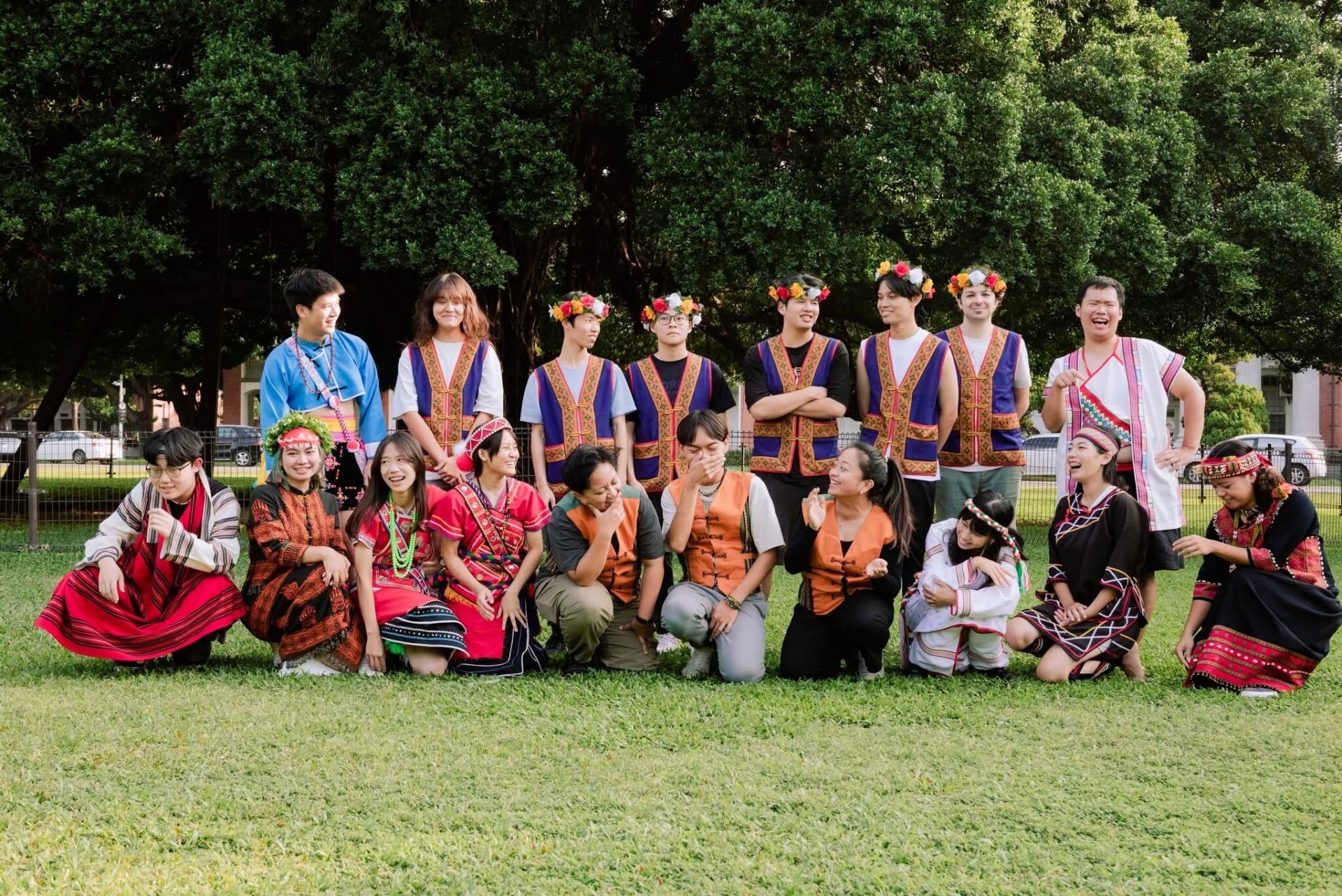
NCKU Indigenous students and those who identify with Indigenous cultures wear ethnic identity clothing and accessories to strengthen bonds with one another and express their personal cultural identity.
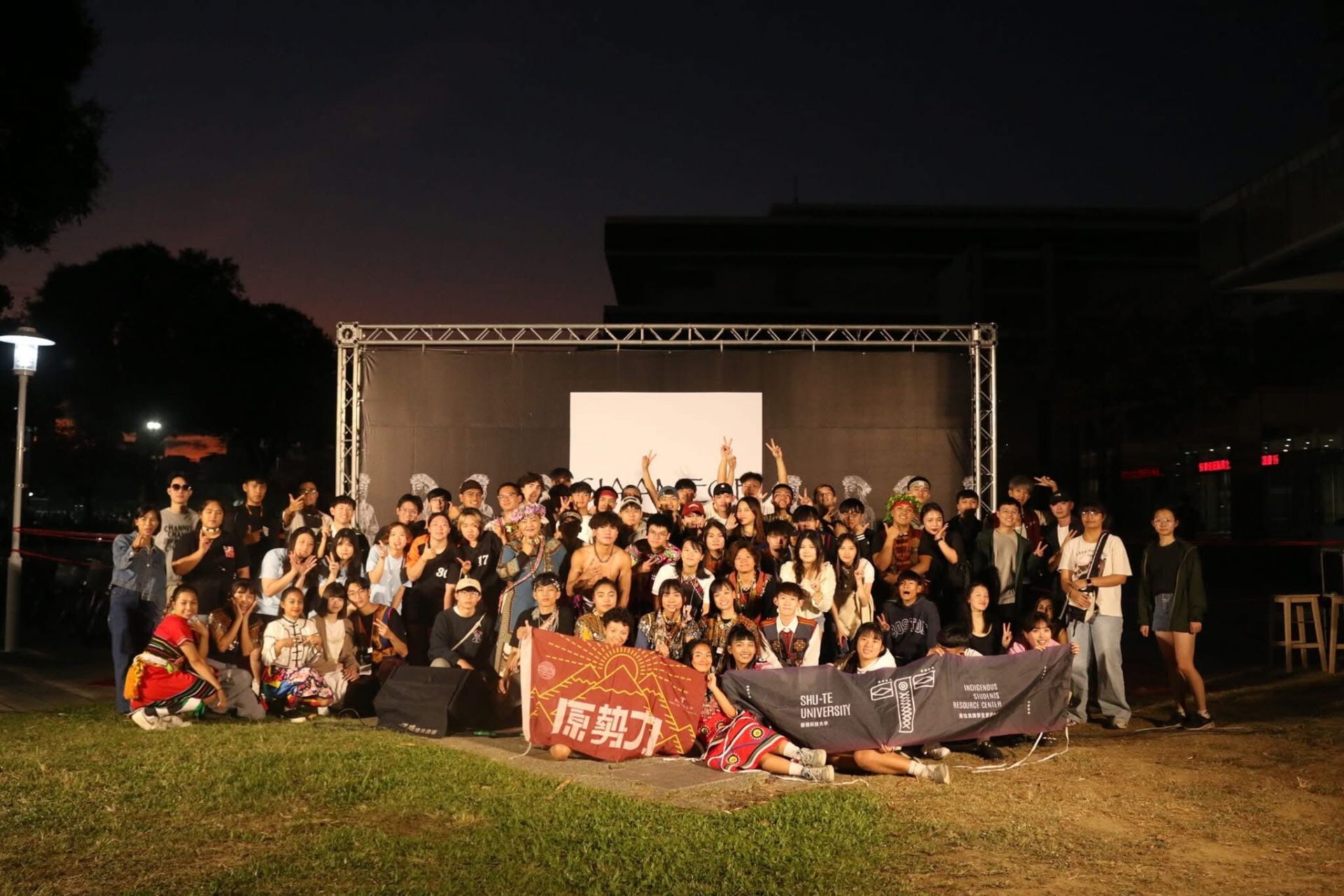
Photos from the 2023 “Indigenous Culture Day” event organized by the NCKU Indigenous Cultural Exchange Club.
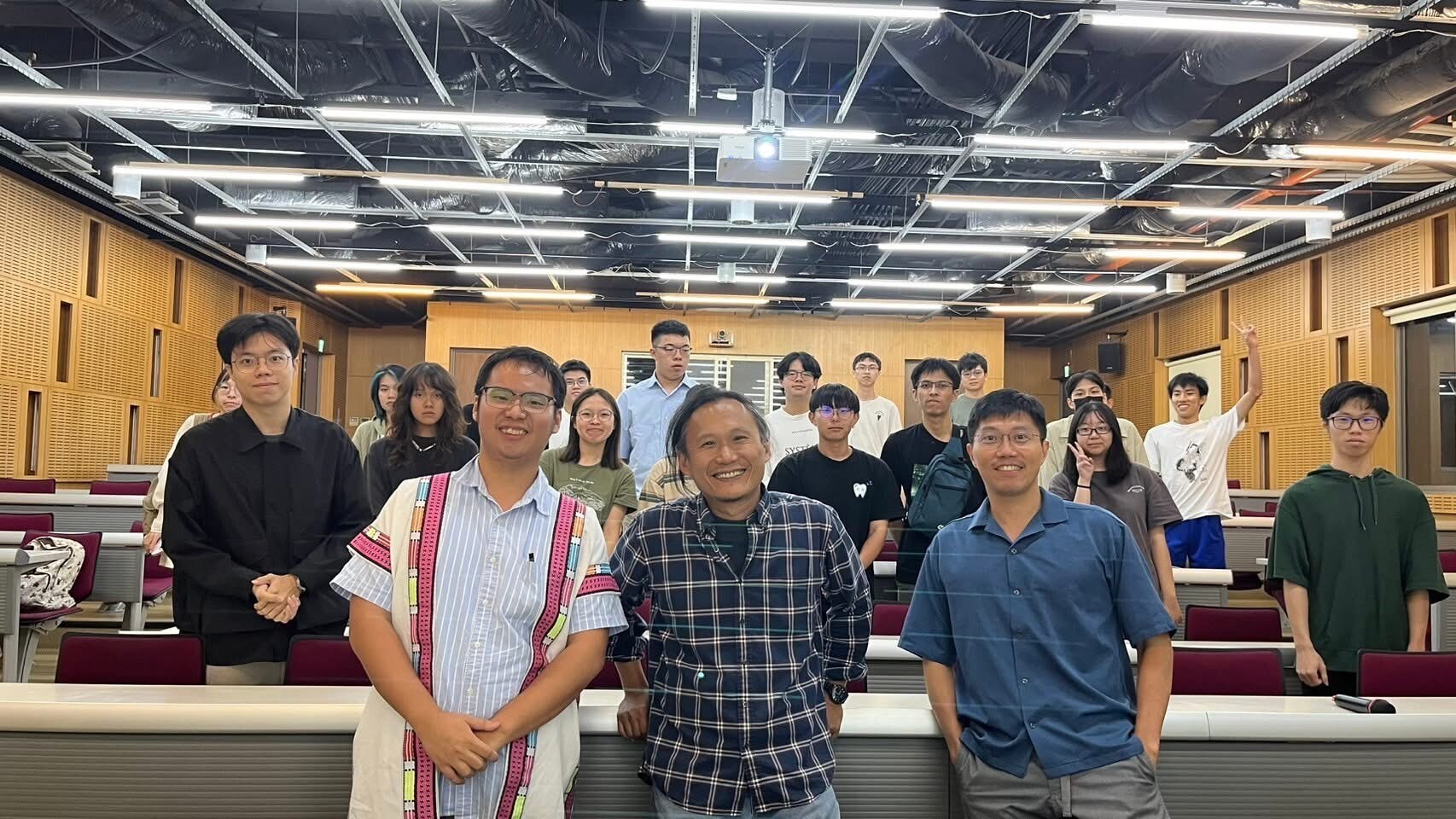
Photo from October 2024 showing the inaugural Ethnic Equality Committee of the NCKU Student Union hosting a special lecture. From left to right: Kai-Lun Quanlin, NCKU student; Kuang-Chi Hung, Professor of Geography, National Taiwan University; Harry Yi-Jui Wu, Professor, NCKU undeclared department.
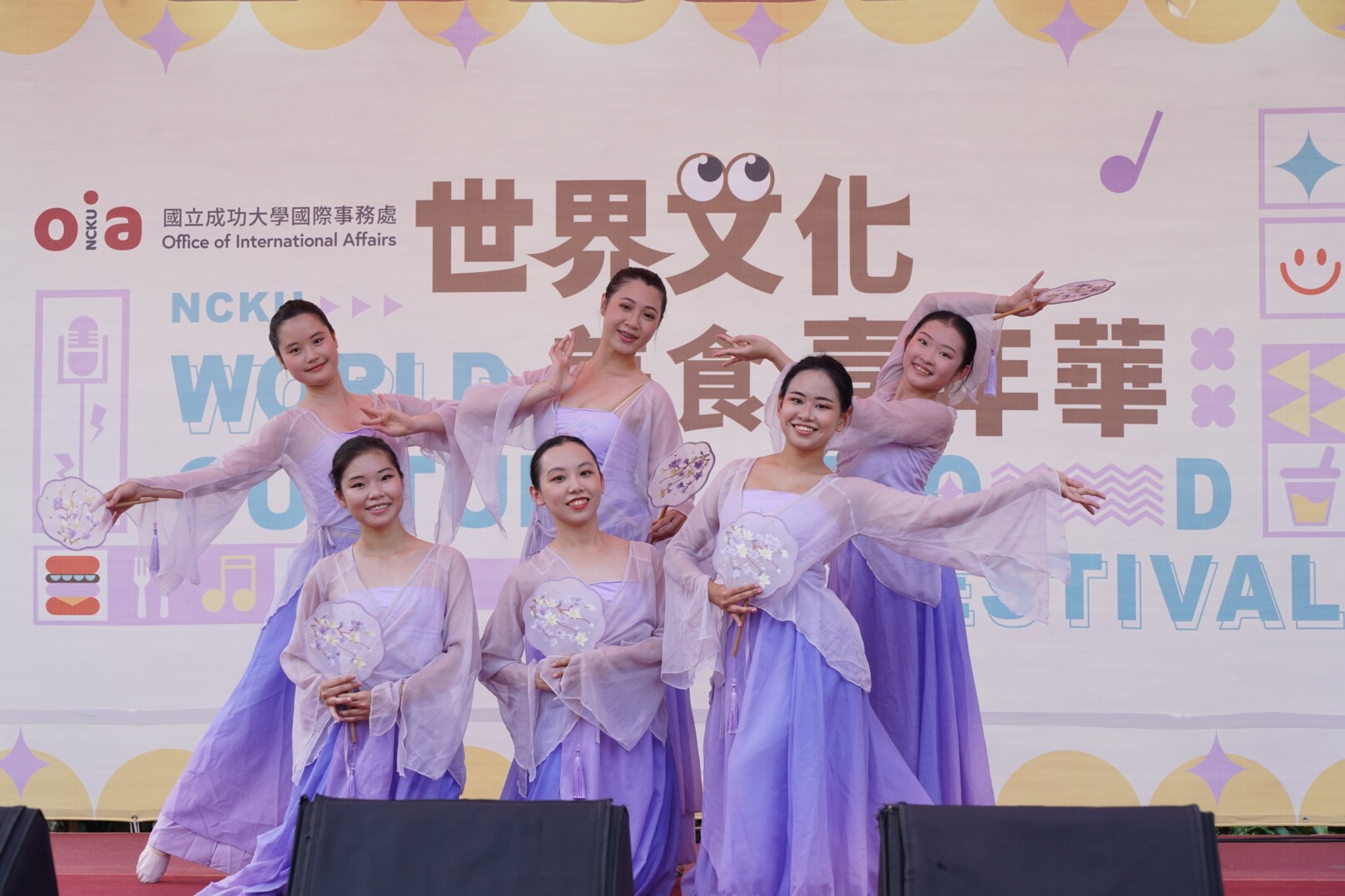
SDG10A Feast of International Flavors and Culture! – 2025 NCKU World Cultural & Food Festival
View more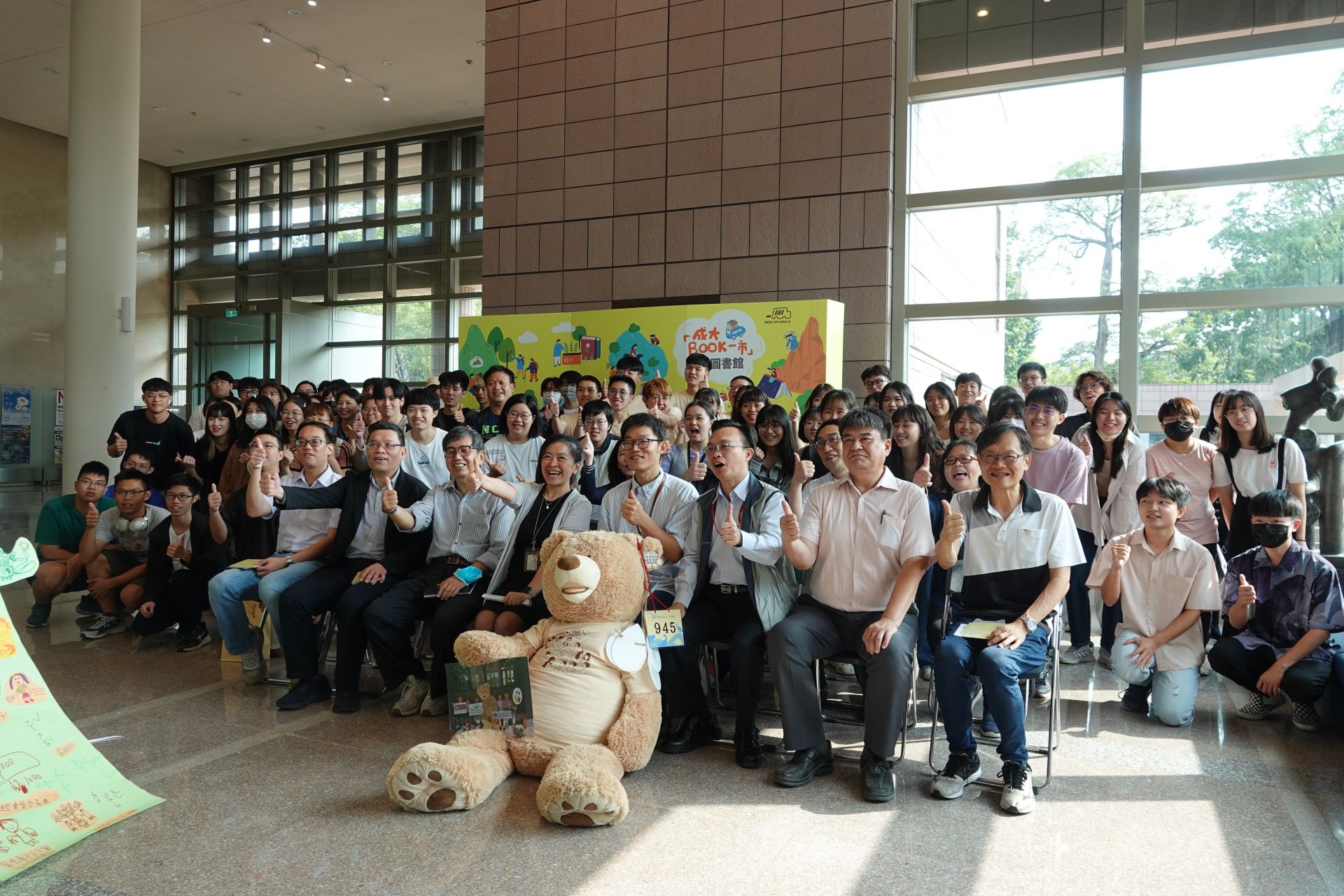
SDG10Continuing the Touch of Knowledge Sharing: The 4th NCKU Book Exchange Mobile Library Exhibition at the Main Library
View more